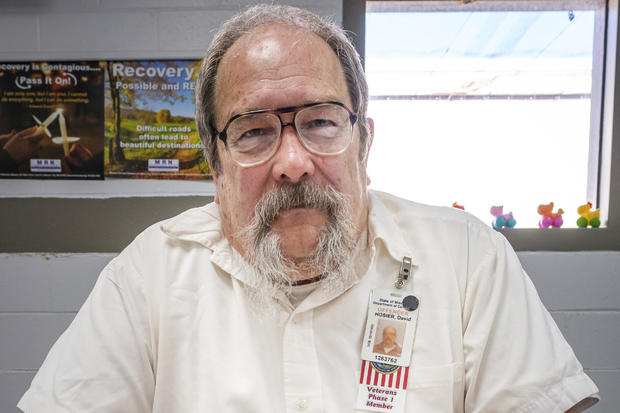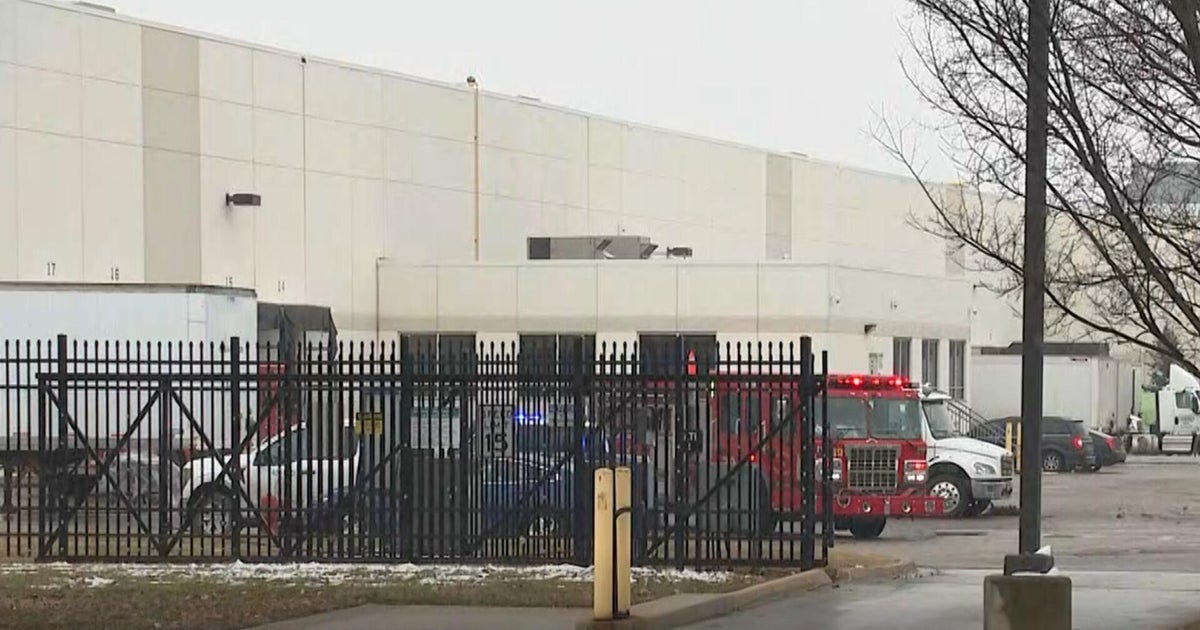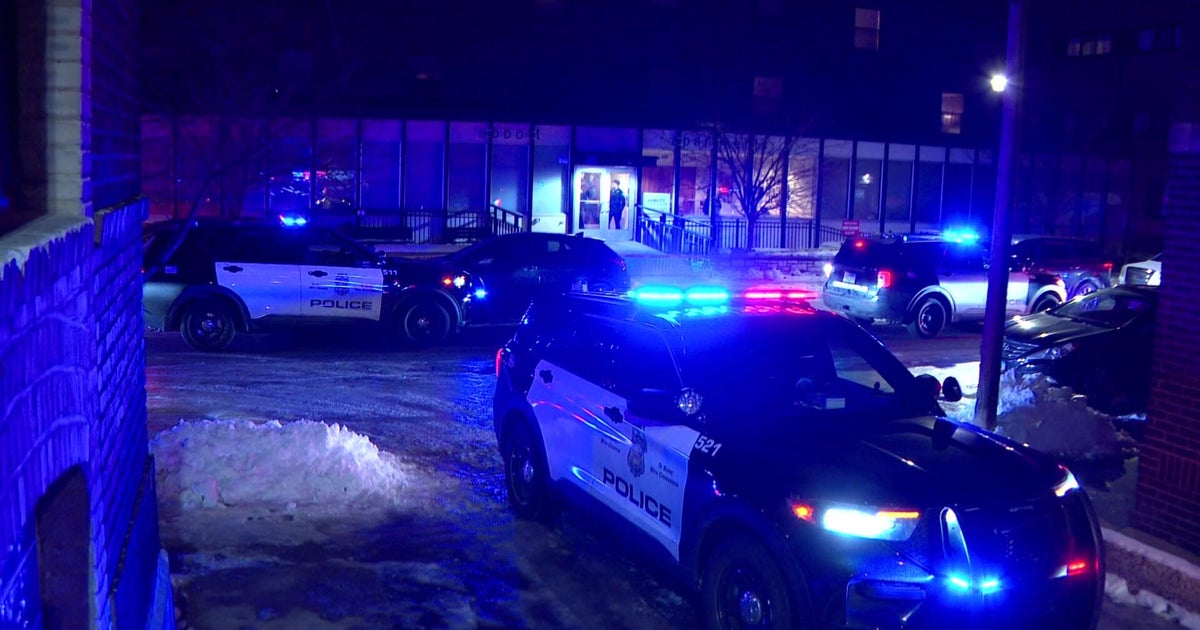Missouri executes death row inmate David Hosier for 2009 murders after governor denied clemency
Missouri carried out its second execution this year on Tuesday after Gov. Mike Parson denied a request for clemency filed by inmate David Hosier.
Hosier was pronounced dead at 6:11 p.m. local time at the Eastern Reception, Diagnostic and Correctional Center in Bonne Terre, Missouri, a corrections spokesperson said in a statement.
Hosier, 69, has maintained his innocence in the double murder for which he was sentenced to death. He submitted a clemency petition in the wake of multiple prior appeals, including one that the Missouri Supreme Court rejected five years ago when it unanimously upheld the state's decision to execute him. But the authority to commute Hosier's sentence or halt his execution — or not — ultimately rests with the governor, and some lawmakers have in recent days called on Parson to spare his life.
Hosier was placed on Missouri's death row in 2013 after being convicted of capital murder in the 2009 deaths of Angela Gilpin and Rodney Gilpin at their home in Jefferson City. The governor, who has overseen 10 executions since beginning his term in office, said Hosier killed the couple "in a jealous rage," echoing the prosecution's argument during his criminal trial.
Hosier was convicted of fatally shooting the Gilpins during an armed burglary, after previously having a romantic relationship with Angela Gilpin. She and her husband were murdered around one month after Angela Gilpin ended the affair with Hosier, according to court documents.
"Ms. Angela Gilpin had her life stolen by David Hosier because he could not accept it when she ended their romantic involvement. He displays no remorse for his senseless violence," Parson said in a statement Monday, announcing that Hosier's clemency petition was denied. "For these heinous acts, Hosier earned maximum punishment under the law. I cannot imagine the pain experienced by Angela's and Rodney's loved ones but hope that carrying out Hosier's sentence according to the Court's order brings closure."
Hosier already had a criminal record and owned firearms when the Gilpins were killed, and in the aftermath of the murders, Angela Gilpin's purse was found to contain an application for a protective order against him as well as a statement saying she feared Hosier may shoot her and Rodney, documents show.
Parson's office said Tuesday that "Hosier, with a decades-long history of violence against women, would not let Angela reconcile with Rodney, stalking and harassing her for weeks before murdering her and her husband."
Before the Gilpins' case, Hosier was convicted and sentenced to prison for assaulting and seriously injuring another woman.
Hosier's defense attorneys have over the years tried to appeal the death sentence on the grounds that no physical evidence linked Hosier to the murders. "No confession, no eyewitnesses, no fingerprints, and none of David's DNA or other personal effects were found at the crime scene," they wrote in his 2019 appeal. Attorneys also argued that Hosier's prior conviction for assault should not have been admissible evidence in the Gilpin trial because it unfairly prejudiced the jury.
His recent clemency petition focused mainly on Hosier's personal life. Much of the petition centered on a stroke Hosier suffered in 2007 that attorneys said left him with lasting brain damage, as well as the 1971 murder of his father, an Indiana State Police sergeant, which his defense characterized as a traumatic event that drove his mental health struggles in adulthood. Hosier went on to serve in the United States Navy and as an emergency medical technician and firefighter in Jefferson County. His health has declined in the last several months, with the petition citing heart issues that intensified in early May.
U.S. Reps. Cori Bush and Emmanuel Cleaver, both of Missouri, urged Parson to grant Hosier's clemency petition in a letter to the governor last week. They referenced the inmate's medical issues and mental illness and suggested that his former attorneys' choice to omit "vital medical information" during the criminal trial could amount to "a potential violation of Mr. Hosier's Sixth Amendment rights."
"Mr. Hosier's debilitating condition further emphasizes the need for clemency in this case. He does not pose a threat to those around him and deserves humane treatment as he suffers from heart failure," Bush and Cleaver wrote in that letter.
Hosier told The Associated Press he was unhappy with his current defense team's approach to the clemency request, which he thought should have focused more on the lack of forensic evidence tying him to the Gilpins' deaths and less on his childhood.
"They did exactly the opposite of what I wanted them to do," Hosier said of the clemency petition, according to the AP. "I told them I didn't want the 'boo-hoo, woe is me.' All that stuff happened 53 years ago, OK? It has nothing to do with why I'm sitting here right now."




